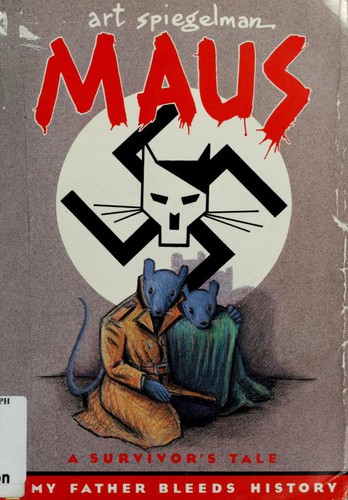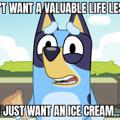FUat2mb reviewed Maus: A Survivor's Tale by Art Spiegelman
Review of 'The Complete Maus' on 'LibraryThing'
4 stars
Significantly better than I expected. Like many I first came to know of this book a number of years ago when it was "banned" for having nudity. Like so many "banned" books I feel its often a ploy by the publishing company to sell more books, particularly when they are books like this that have been in publicization for a long time. returnreturnI expected it to need the help because it wasn't that great. However I found it a pleasant read, granted you probably aren't supposed to get a pleasant read out of a holocaust book but I digress. I really appreciated the Vladek character when is so much a character of a miserly Jewish American that even the author notes he isn't sure he should include it because of how stereotypical it is. returnreturnA good look at the insight of a particularly family and there making, and no so …
Significantly better than I expected. Like many I first came to know of this book a number of years ago when it was "banned" for having nudity. Like so many "banned" books I feel its often a ploy by the publishing company to sell more books, particularly when they are books like this that have been in publicization for a long time. returnreturnI expected it to need the help because it wasn't that great. However I found it a pleasant read, granted you probably aren't supposed to get a pleasant read out of a holocaust book but I digress. I really appreciated the Vladek character when is so much a character of a miserly Jewish American that even the author notes he isn't sure he should include it because of how stereotypical it is. returnreturnA good look at the insight of a particularly family and there making, and no so making it, through the holocaust.





